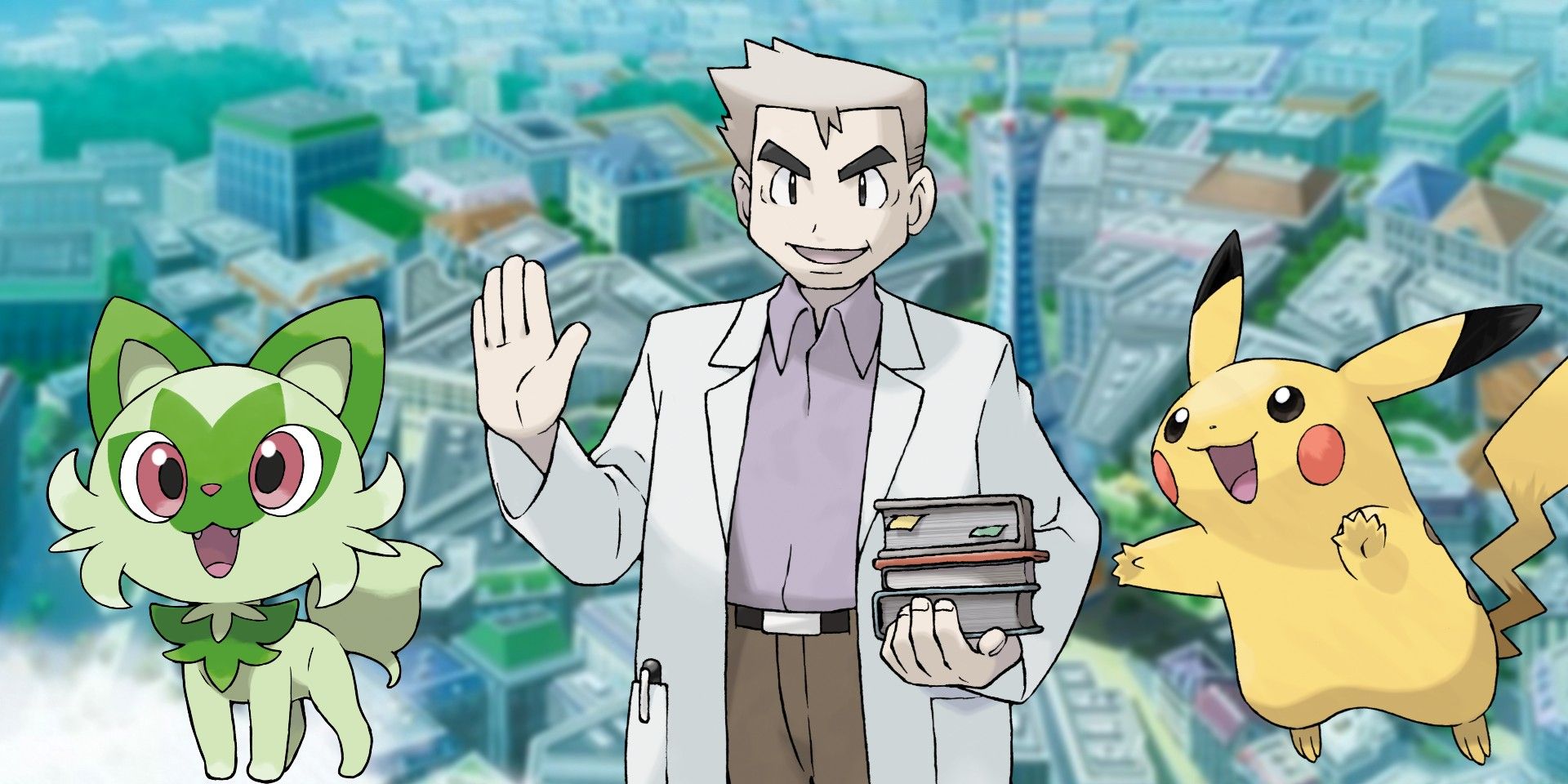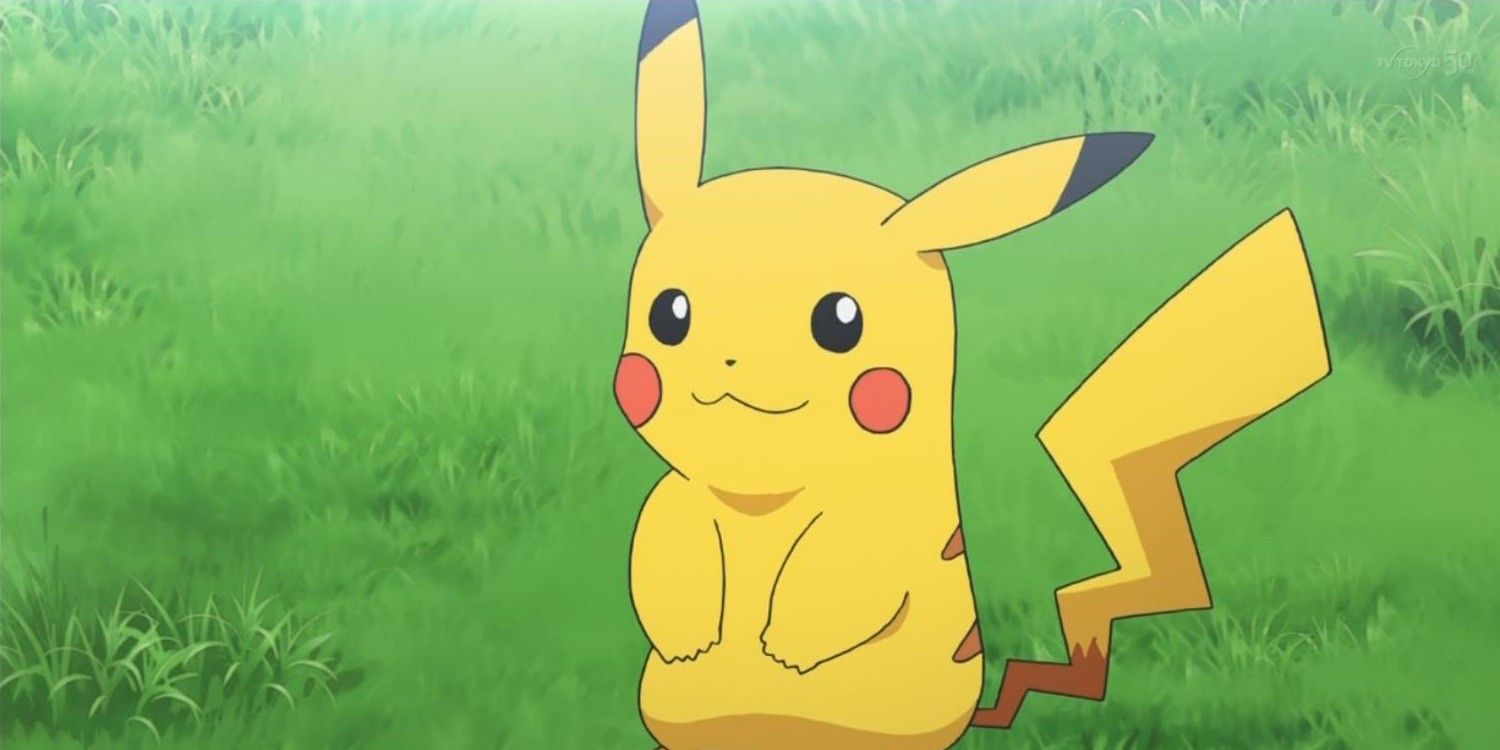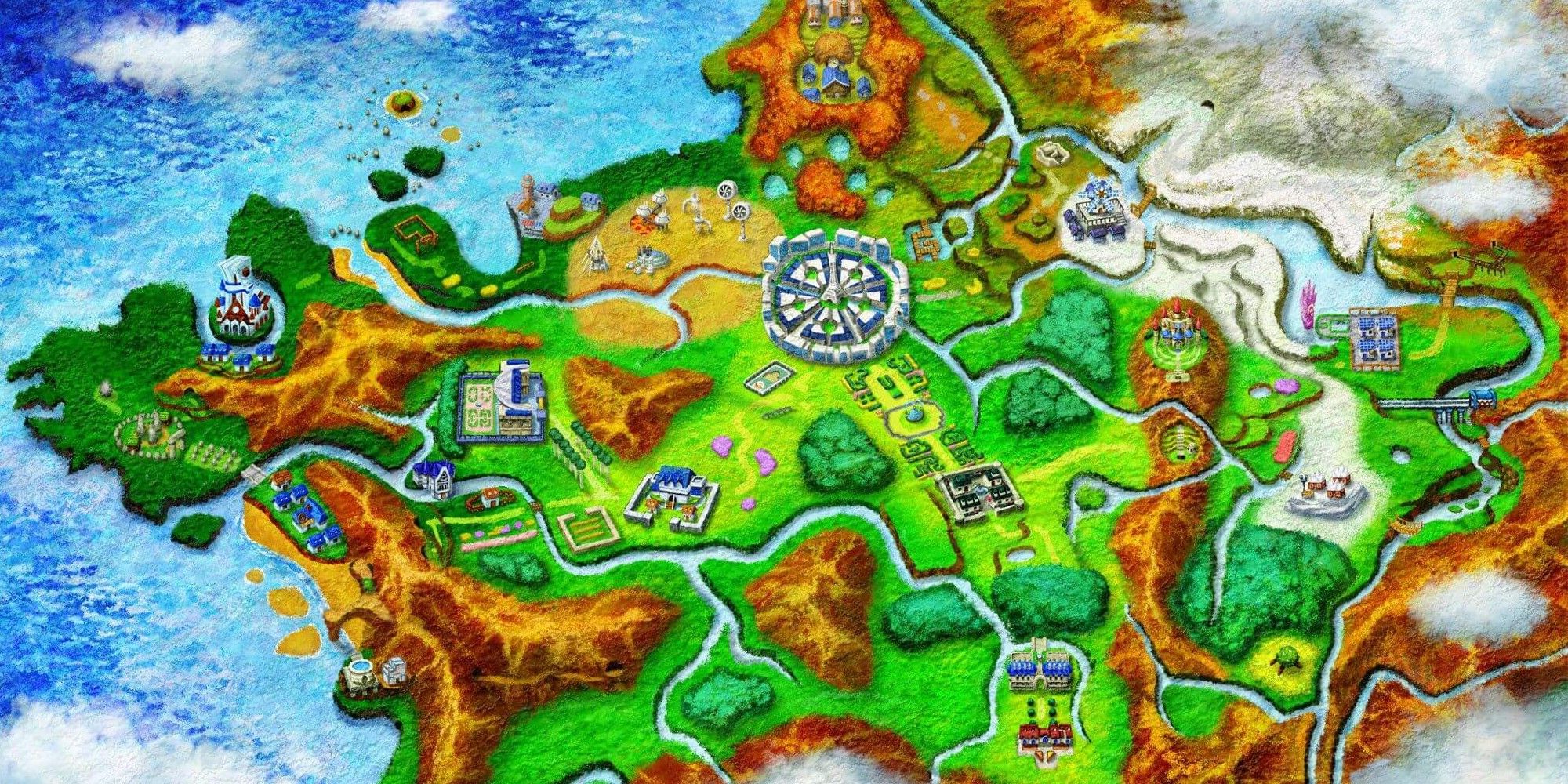
The greater the Pokémon the franchise becomes, the more complex its lore and worldbuilding becomes. However, I think learning the intricacies of their world can still be a lot of fun when you consider how much the use of names is based on wordplay. As a result, the more I play, the more I learn not only about the world as it is presented to me, but also about the level of thought the developers have put into each title.
There's a lot to look forward to with the Pokémon franchise in the near future. The Nintendo Switch 2 should make Gen 10 amazing, and the new games promise to expand the already massive Pokémon world even further. Of course, no matter what the setting of the Generation 10 games, they will undoubtedly feature a wide variety of new Pokémon and characters to meet, as well as exciting new locations to visit. With Switch 2 potentially allowing the franchise to go further than ever before, PokémonGen 10 games might be the best yet.
Pokémon's world-building is full of wordplay
Pokémon names make constant use of puns
I am constantly struck by the amount of wordplay evident in Pokémon gamesincluding almost countless examples of portmanteaus and puns. Some of the most obvious examples of this are the names of Pokémon, which constantly reference aspects of their design. For example, Charizard clearly combines “char” and “lizard”referencing his appearance and the fact that he is a Fire type. The similar use of "char" in their pre-evolution names Charmander and Charmeleon ties the evolutionary family together, while the other half of their names also follow a lizard theme, taking inspiration from "salamander" and "chameleon", respectively.
This wordplay even extends to multiple languages, which has only become more evident as the series has branched out and drawn inspiration from around the world. A recent example of this is Sprigatito; “sprig” is an English word related to plants, but “gatito” means kitten in Spanish, a perfect choice for one of Paldea's starter Pokémon. The geography of Pokémon Scarlet and VioletThe setting references Spanish locations and, as Spritatito perfectly demonstrates, its inhabitants do the same. In this way, the series subtly introduces aspects of different languages for people to take.
Of course, Pokémon names are often translated along with the rest of the games, which makes these puns easier to understand; Sprigatito's Japanese name, Nyahoja, may invoke “hoja” (Spanish for “leaf”), but it takes at least a little knowledge of Japanese to understand that “nya” is equivalent to “meow.” Still, the curiosity I feel about the roots of Pokémon's names means I'll research even those whose names are more obscure, whether translated or not. Pikachu is arguably the most famous example of this, combining “pikapika” (a sparkling onomatopoeia) and “chuchu” (the squeak of a mouse).
Secret themes are hidden in the naming sense of Pokémon
Related groups of people and places can have themed names
Other aspects of Pokémon Franchises also have significant meanings in their names, including several examples of strong thematic connections. For example, the vast majority of Pokémon Teachers found in the games, including Oak, Juniper, and Kukui, are named after various types of trees. Of course, the names of Professor Sada and Turo of Paldea are particularly notable because they break this pattern, which is a bit disappointing to me, even though their names have meanings of their own. Although with that said, the tree theme can easily be reinstated in Genesis 10.
Even the regions of the Pokémon world have their own themes that run through the names of the main locations. For example, the Kanto region is full of references to color; Pallet Town references a color palette, while other towns and cities like Viridian, Cerulean, and Vermillion are named after specific colors. I think small details like this help give a specific region a strong, unifying identity, even if the pattern isn't always easy to see; for example, the Kalos settlements have names inspired by fragrance ingredients, a subject I'm not familiar with.
With this in mind, it will be interesting to see what place names appear in PokémonGeneration 10 configuration. These names could easily reflect a deeper theme linked to the Region's real-world inspiration.such as Kalos' use of French culture reflected in the concepts of elegance and beauty often associated with perfumes. I can easily see this serving to introduce me to an aspect of the world that I wouldn't normally engage with, educating me a little more about the different cultures found around the world.
Deciphering the inspirations behind Pokémon names is fun
Discovering the deeper meanings of names can be an interesting addition to gameplay
With all the different inspirations and decisions that were clearly made Pokémonnaming sense, It can be fascinating to delve into the meanings of Pokémon, people, and place names.. I find it really fun to decipher these details and see what they can tell me about the world. It also offers some interesting insights into the development process. Something as fundamental as the choice of name highlights what both the original developers and English translators felt was important about all of these aspects of the Pokémon world when deciding how best to present them to the player.
Figuring out where the different names come from can even be a game for meespecially when it comes to the names of the new Pokémon I encounter. The puns and portmanteaus delve into the core of these creatures' identities, emphasizing the essence of their designs. Uncovering their meanings gives me a greater appreciation for it, even though some Pokémon names can be difficult to pronounce. Furthermore, when foreign languages are used, this same mental exercise can even take on a legitimately educational aspect.
As extensive as PokémonWorldbuilding has become over the years, much of it is still inspired by simple and understandable concepts. The franchise's approach to names is a perfect example of this, and I really like the constant wordplay. I love the way Pokémon can seamlessly combine foreign languages and cultures in building your world, creating a constant supply of unique names with deeper meanings. As a result, learning about the origins of these names is both educational and extremely fun, a fact that only deepens my love for these games.

